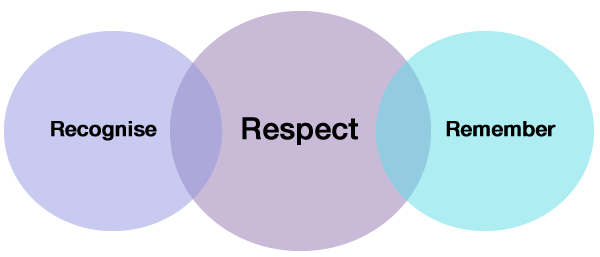
Partnerships involve working differently and together. For these differences to work with you rather than against you, you need to a structure.
Unstructured partnerships can lead to projects having limited impact, resource and opportunities being wasted and potentially productive relationships not being made or sustained.
Joff Cooke: Head of Student Engagement
At the heart of good partnerships are shared vision and objectives and mutual respect, to realise that shared vision requires an infrastructure to build trust and plan work transparently.
This doesn’t happen overnight, it takes time to get to a position where you can make the most out of working in partnership with the Students’ Union. We’ve designed a partnership matrix for you to download to help you assess your own partnership and help you develop.
What does my partnership look like?
We want this matrix to grow through use, so feel free to share comments and thoughts about how to enhance this resource in our Your Voice section.
Building partnerships is an ongoing process of reflecting and learning. And it begins early. You need to identify at the start what shared vision you have and how you can use that in the development and realisation of shared objectives.
Partnerships begin with knowing who you could potentially work with.
One way of finding this out is to establish who your key stakeholders are by brainstorming, drawing an institutional expertise map and analysing where the power and the interest to help realise your objectives lies.
Things to Think About:
What do you want to achieve?
What can you realistically achieve?
What skills or expertise do you lack?
You can find ways of engaging partners by emphasising existing shared values, defining, together, shared objectives and highlighting the benefits of the partnership and the research
Caston Matewu: Democracy and Equality Manager
Once you have identified a partner, work together to develop a clear research plan that is owned by all. This can help give the research focus which is essential for realising your objectives and maximising impact.
Having a focused research strategy ensures your partnership is structured, where everybody’s roles and responsibilities are defined and the parameters of the relationship are in writing.
Part of building successful partnerships involves remembering, recognising and respecting different ways of knowing and ways of working. To help make those differences work with you rather than against you, clearly define roles and responsibilities and together assess any risks that might arise during your research partnership.
Recognise that power, resources and influence are distributed differently across institutions Respect different ways of working and different expertise and knowledge. Remember those differences |
 |
|
Professor Debbie Holley: Deputy Head, Centre for Excellence in Learning
Hints and Tips:
• Choosing to work in partnership is to choose to learn with others’ expertise
• Listen to each other and learn with each other
• Embed mutual learning and skills sharing opportunities
• Plan what your success and sustainable legacy is at the start
• Plan regular catch ups and mechanisms for keeping everyone updated
• Be transparent about everyone’s roles and responsibilities
• Be patient


